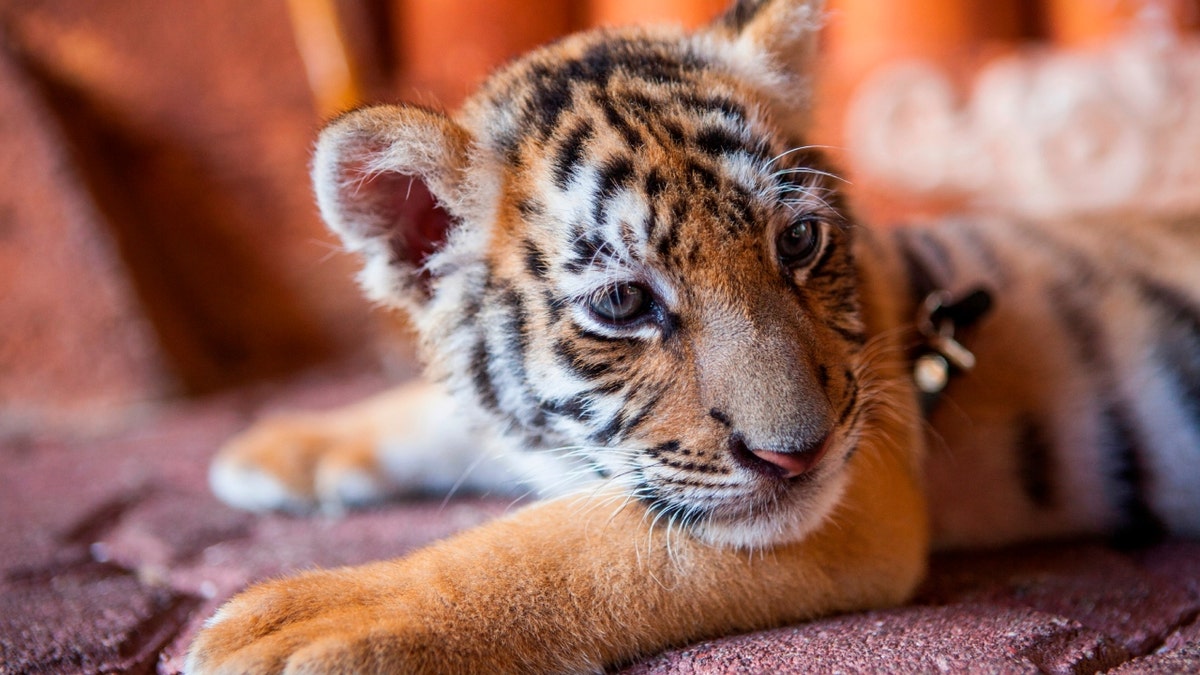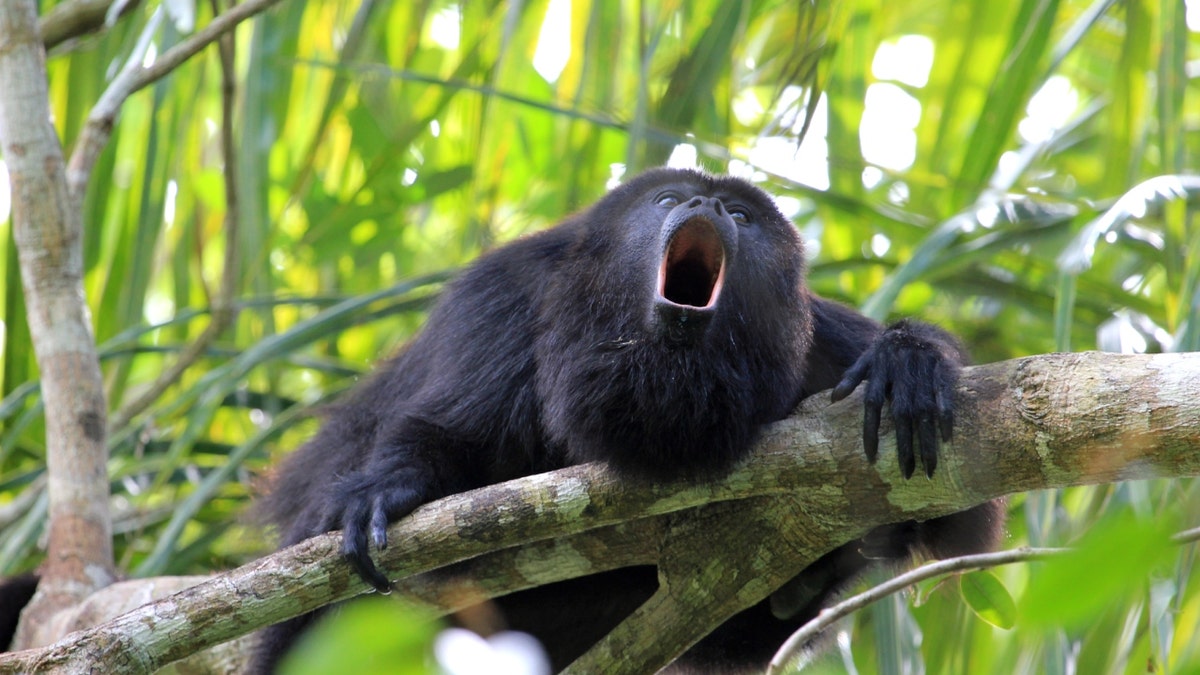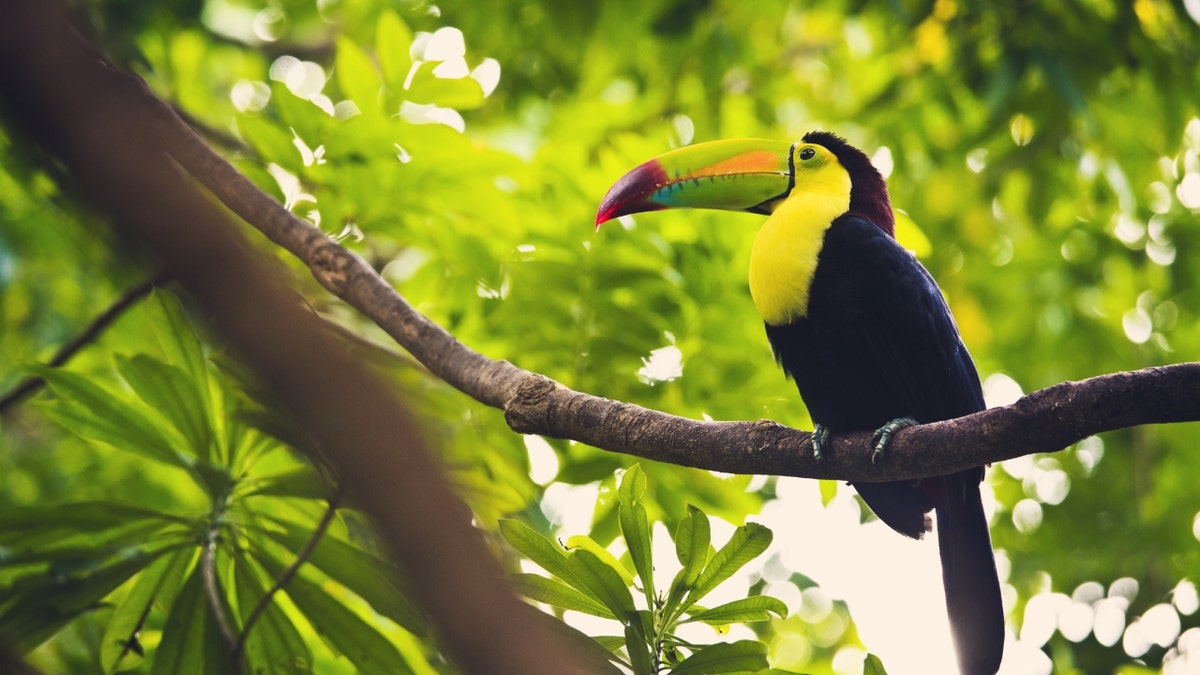US-Mexico relationship shaky over question of how to handle cartels
Senior national correspondent Rich Edson reports on Mexico's strategy to slow down drug cartels on 'Special Report.'
Illegal trafficking of wild animals is "out of control" in Mexico, and authorities are turning a blind eye to it, according to a recent study from a nonprofit.
The Tucson, Arizona-based Center for Biological Diversity (CBD) filed a complaint last week with Mexican state prosecutors following an undercover investigation they conducted between May and August of illegal wildlife trafficking in the country.
The investigation determined that multiple species protected under law — such as jaguars, howler monkeys, toucans, parakeets, iguanas, African lions and Bengal tigers — are being routinely purchased and sold under the table in Mexico via social media platforms like TikTok and Facebook, often with fake profiles.
The study also alleged that relevant Mexican authorities often not only ignore such illegal activity, but are complicit.

A captive baby tiger in Playa Del Carmen, Quintana Roo, Mexico. A nonprofit recently filed a complaint alleging that Mexican authorities are ignoring illegal wildlife trafficking. (Image Source via Getty Images)
The Management Units for the Conservation of Wildlife and Farms that Manage Wildlife are reportedly involved along with organized crime groups in the outlawed trade, which rakes into approximately $100 billion annually.
"It is really very easy to buy a toucan, a howler monkey or a sloth illegally in our country," said Alejandro Olivera, the Mexico representative for the CBD, according to Mexico News Daily.
"As more and more animals are uprooted from their natural habitat, it becomes more difficult to bring back species in sharp decline," Olivera added.
About 77% of the animals die before they are sold, the report also said.

Low-angle photo of a howler monkey howling on a tree branch in Belize.
The illegal trafficking is not limited to wild animals, but also includes protected species of exotic plants that are illegally purchased for medicine or food.
ANIMAL RIGHTS ACTIVIST GLUES HERSELF TO FLOOR DURING NBA PLAY-IN GAME WITH MESSAGE TO T'WOLVES OWNER
The Federal Attorney for Environmental Protection, or Profepa, reportedly in unable to track where much of the wildlife ends up, and around 97% of the cases — encompassing about 123,000 to 290,000 animals and plants — remain unsolved.

Stock image of a keel-billed toucan in Mexico. (THEPALMER via Getty Images)
The office in Profepa that once handled illegal wildlife trafficking was cut due to budget cuts.
CLICK HERE TO GET THE FOX NEWS APP
In its report, the CBD listed a number of recommendations to fight back against illegal wildlife trafficking, such as more government oversight, increased resources to authorities who police such things and greater collaboration between the Mexican government and social media platforms used by the illegal traders.








































